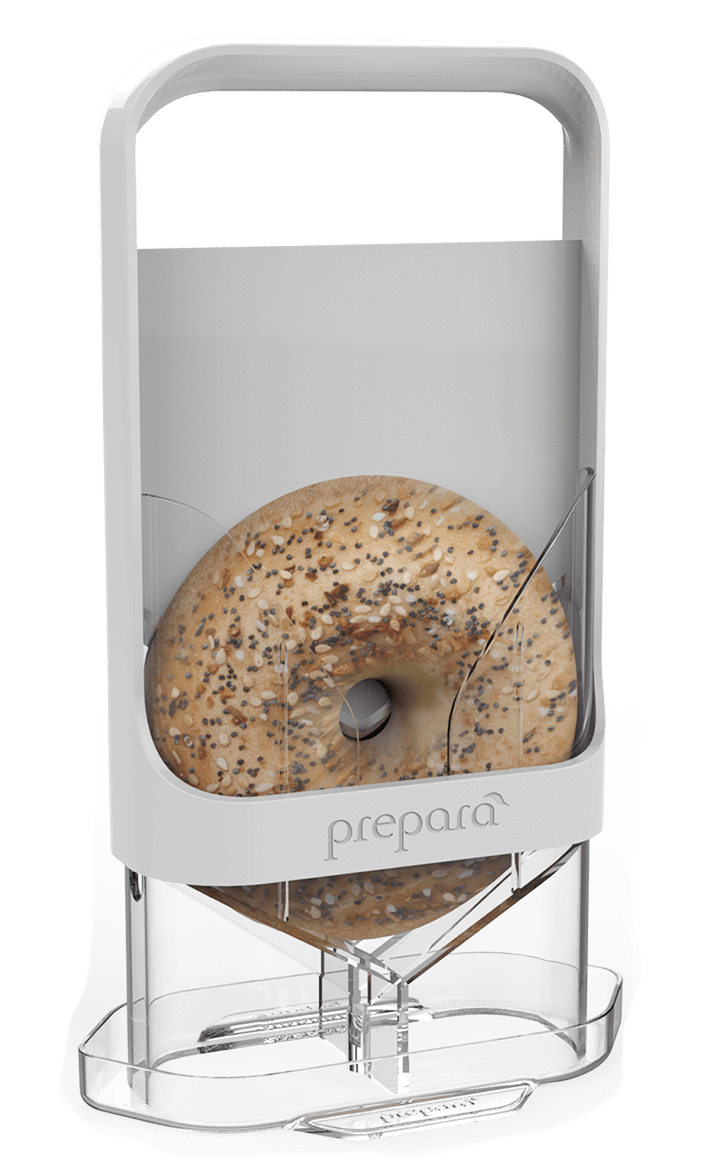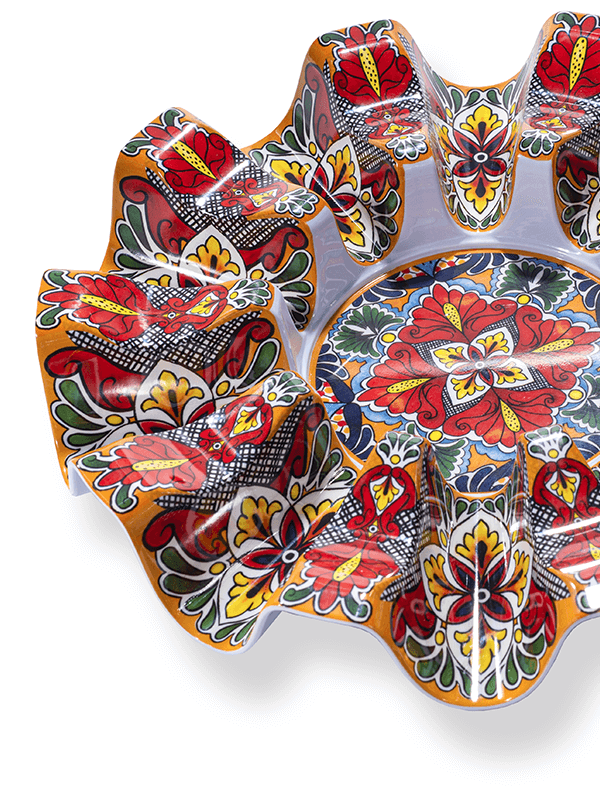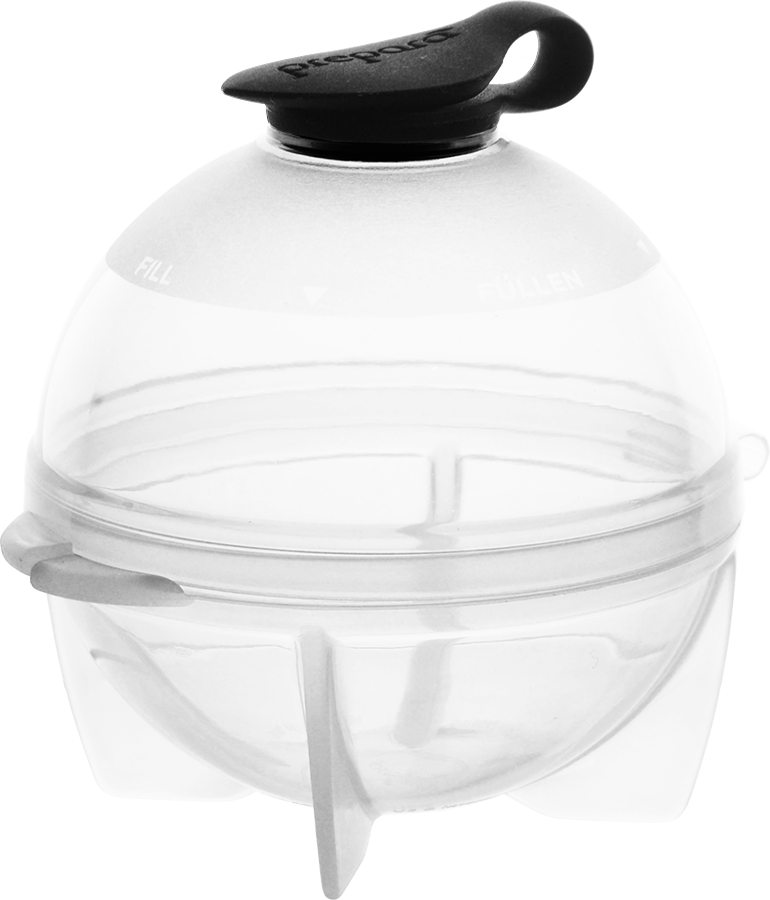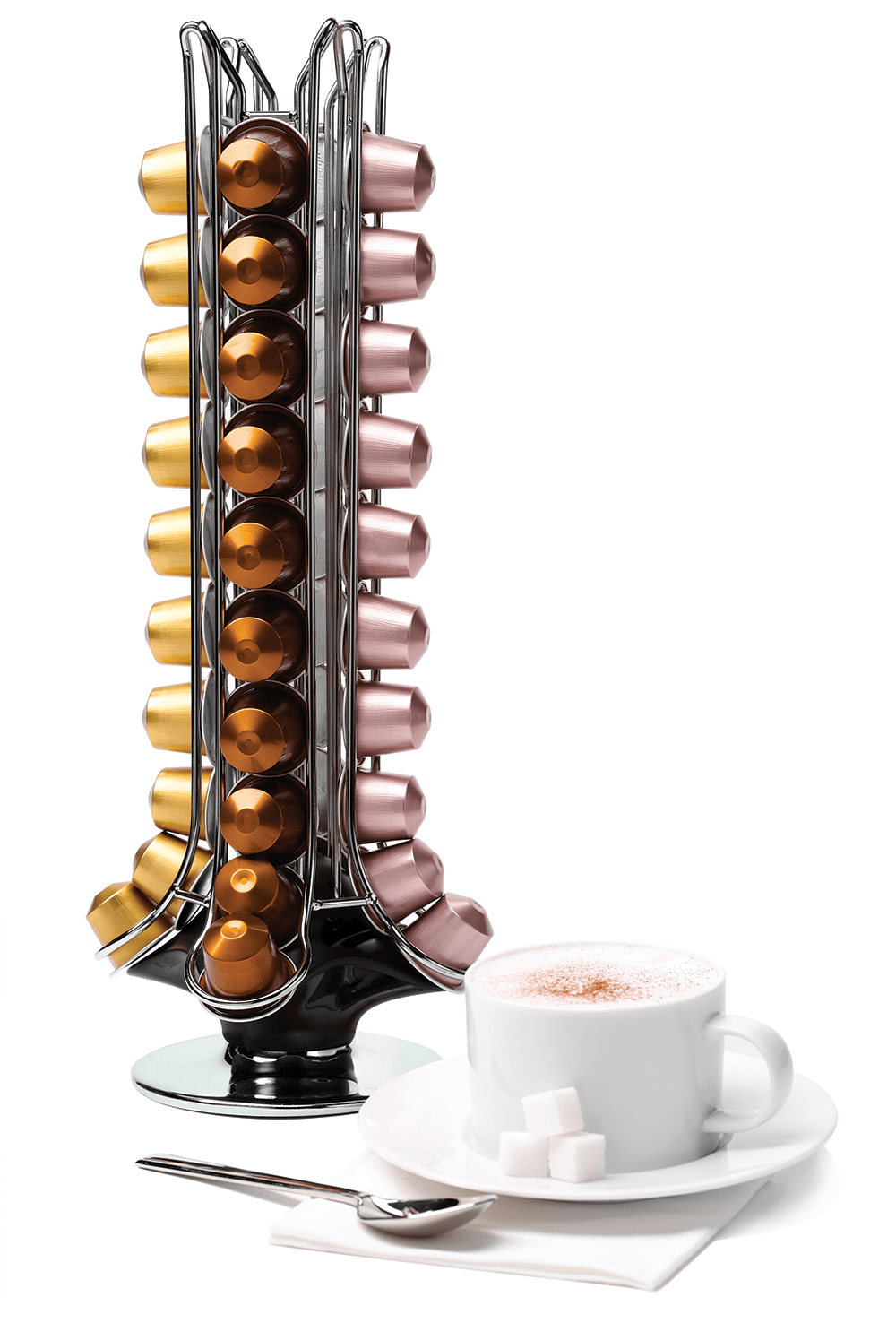Cooking at home is possibly the single greatest thing you can do to improve the quality of your diet. Unlike processed foods, which are full of sugar and preservatives, home-cooked meals can be perfectly calibrated to your calorie goals, nutrition requirements, and special dietary needs. Buying ingredients, learning different cooking methods, and mastering tools all take practice, but it's worth it.
Using Nonstick Cookware
At first glance, nonstick cookware sounds like a healthy choice, because it will take less butter or oil to keep your food from sticking, right? Well, yes, but if overheated, the fumes can make you sick. While studies are not conclusive, there is some evidence to suggest that a chemical used in the manufacturing of Teflon could cause cancer if not adequately burned off during the process. While the risk is reasonably low compared to other common cancer-causing agents, health-conscious chefs should probably avoid these tools.
Under or Over-Seasoning
Many first-time cooks (and even kitchen veterans) have trouble getting the amount of seasoning right on their food. Getting the right amount of seasoning can make or break a dish. Too little and it is so bland no one wants to eat it, too little and it overstimulates the taste buds. Adding too much salt is not good for your health, either. High sodium consumption over time can lead to high blood pressure and other health problems. Getting the amount right involves developing an intuition, but also having the right tools.
Overcooking or Burning the Dish
When you first learn to cook, getting the timing right can be tricky. No one wants to poison their loved ones or themselves by eating raw meat, so cooks often overcompensate. Overcooking can end with dried-out, burnt, or tough food. Char the food and you could be eating carcinogens! According to ProtectYourHome.com, every kitchen should be equipped with a smoke detector, which will act as a warning system against burning food. However, a smoke detector is not a kitchen timer! Invest also in a kitchen thermometer, and carefully follow the recipe until you are very comfortable with that dish. Speaking of…
Not Following the Recipe
The most seasoned professional chefs don't need a recipe for their regular dishes, but that is because they cook the same dishes day after day. Recipes were made to help beginner chefs and home cooks to recreate the same results. Beginner cooks often forget to read the whole recipe before they begin. Failure to correctly follow the recipe could result in missed ingredients, a skipped step, or tons of extra prep time. Trust the recipe to guide you (especially in the beginning stages), and you can't fail in the kitchen.
Relying on Sugar
There is a reason that processed food contains so much sugar: it tastes great, and sugar is as addicting as many narcotics, according to the National Institutes of Health. “But it’s not harmful in small amounts, right?” Well…maybe. Even small amounts of sugar or other simple carbs can prevent ketosis, which is your body’s natural process for burning off fat. Even if your net caloric intake is low, in the presence of sugar, you’re not processing those calories in a healthy way.
More importantly, you’re probably not getting “small amounts” of sugar in your diet, as sugar is in almost everything that isn’t homemade. If 95 percent of the food you eat is prepared yourself, and only 10% of those dishes use sugar, you might be okay. But most Americans are eating between 25 percent and 50 percent of their meals away from home, and relying on sugar-rich, processed foods in their grocery shopping as well. Anything you can do to get sugar out of your diet is bound to help you feel healthier, live longer, and enjoy better health outcomes.
Using the Wrong Knife
"A knife is a knife, right?" said no expert chef, ever. Knife selection impacts your prep process. For example, trying to cut something hard like sweet potatoes or thick like meat with a paring knife would take forever, and you will likely slice a finger. On the other hand, using a chef's knife to cut cheese is a waste. Research what each kind of blade is ideal for, then get chopping those healthy veggies!
Making A Mess
The best chefs clean as they go. If you have something in the oven, take the time to wash your prep dishes. Throw away food scraps as you make them. Wipe up spilled ingredients before they get swept onto the floor. Keeping your workspace tidy helps reduce kitchen stress.
Learning to cook can be intimidating. You want to make healthy meals for yourself at home rather than eating processed junk, but it's hard! Avoid these mistakes, and you'll be a veteran chef in no time.






















